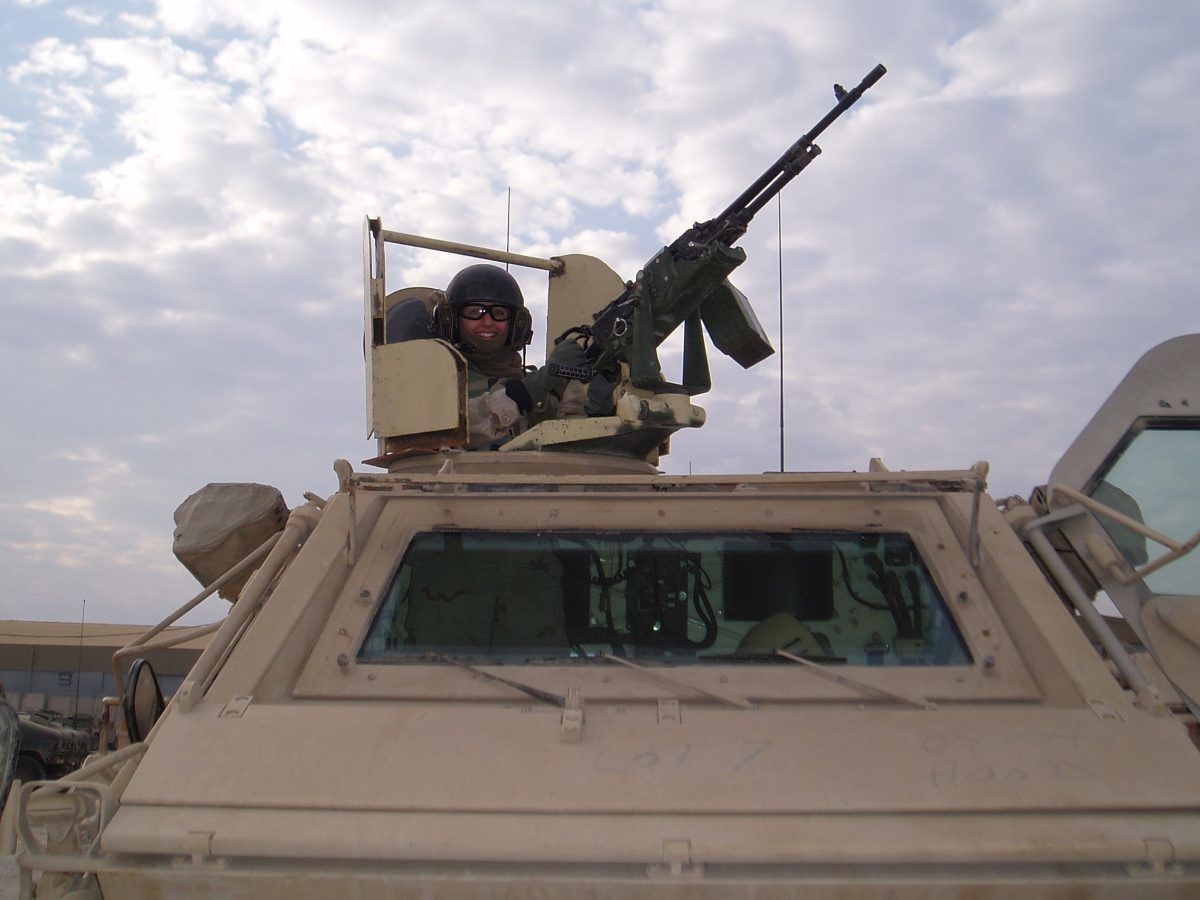A Military Veteran’s Approach to Building Teams – Part 4 of 4

This is the final blog post in this series. Make sure to also check out Part 1, Part 2, and Part 3.
Decentralized Leadership: Uncuff the Team to Unlock Success
In the Army, commanding officers set the vision and mission and then delegate responsibility to other leaders in the organization. Commanders enable seamless delegation through high quality training, proper resourcing, a clear articulation of the mission and strategy, and an emphasis on standard operating procedures. Concrete actions prepare the organization for decentralized leadership, but the act of delegating authority requires leaders at all levels to confront fear. A coordinated dance occurs as the commander relinquishes control to subordinate leaders who willingly accept control.
To prepare leaders for this dance, the Army trains new lieutenants to decisively assume responsibility – as the adage goes “when in charge, be in charge”. Leaders are taught to seek upward guidance selectively, for meaningful purpose, and only when necessary. When a vexing problem does require input from a commander, leaders are trained to come to the table not only with the problem, but also with a proposed solution. Leaders who need constant input to make decisions are viewed as weak and unable to stand on their own two feet. In combat, this has a very practical application. Without decentralized leadership, senior leaders would become quickly buried by requests for input on every battlefield decision. Lower level leaders would be paralyzed when confronted with life-or-death decisions that require fast action. In the Army, the fact of the matter is that small unit leaders make the vision a reality. They internalize the mission and strategy, understand the guardrails, and then execute on their own in high pressure, high risk environments. When bullets are flying or the radio goes down, there is no opportunity to ask a senior leader to weigh in.
The true test of a leader is whether the team can succeed without her.
One morning, as I led a patrol on a routine mission along a major route in southern Baghdad, I heard the familiar sound of an explosion and quickly scanned the area to identify where the attack had occurred. The answer stared back at me in my side-view mirror. I saw an enormous plume of smoke, but no vehicle behind me. Then I witnessed the vehicle emerge from the plume, swerve out of control, and roll over in a ditch. Enemy forces had attacked my patrol with two artillery rounds set up as an improvised explosive device. We needed to respond quickly and precisely, just as we had been trained; no emotional reaction, no wasted energy. Everyone knows their role. I called for reinforcement and gave direction to the platoon that arrived to provide additional security. My frontline leaders seamlessly set-up perimeter security and responded to the rolled over vehicle, riddled with holes from shrapnel. In a stroke of pure luck, none of the shrapnel struck personnel inside the vehicle. When the tires blew out and they lost control, the soldiers inside followed standard operating procedures to brace for impact, so there were also no injuries as a result of the vehicle accident. Without decentralized leadership and quick action at every level of the team, we would have been a vulnerable target for a more catastrophic, follow-on attack.
The scale-up software companies that Insight Partners has invested in, must accomplish big goals with lean teams. How they organize for work, or their approach to problem solving, sets the pace for creativity, adaptability, and innovation. Decentralized leadership provides a model for cultivating ownership and rapid problem-solving. We have seen success when mid-level and frontline leaders are properly equipped and then empowered to build out teams, products, and processes. No product is perfect on the first try and no new process is perfect immediately after implementation. With decentralized leadership, teams are trusted to make the quick pivots and course corrections required for innovation. This not only improves efficiency and effectiveness, but it also positively impacts team morale. Top performers crave opportunities to feel ownership and make an impact in the business.
A scaling organization will prove nimble and resilient if the executive team is able to effectively delegate responsibility and give the team an opportunity to bring their vision to life.












